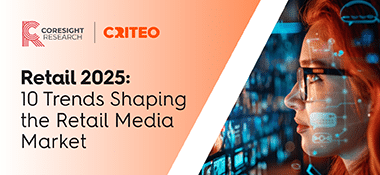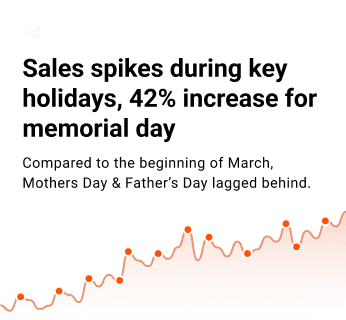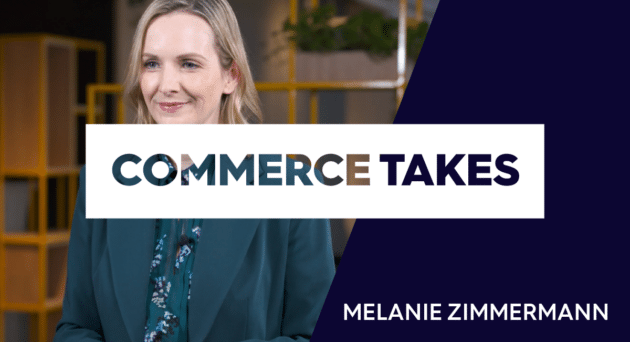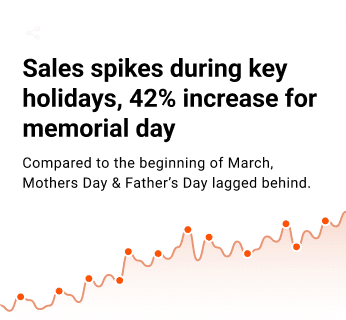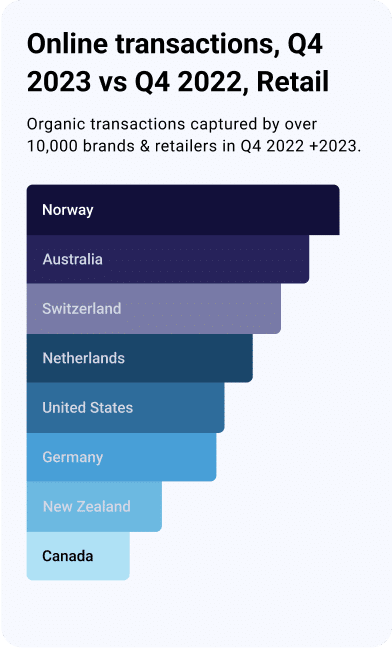Google is expected to deprecate third-party cookies in Chrome in late 2023—and that makes the next two years crucial for adtech. Add IDFA changes to the mix, and it’s clear that publishers’ concerns are growing as they actively prepare for a new era of digital advertising
At Criteo, we are partner with many of the top media publisher executives tasked with solving the identity issue for their organization. We took a poll in May across many of our publisher partners and followed this up with an online event, welcoming more than 30 of our top publisher partners across Northern Europe for a lively discussion on the impact of identity, contextual, and first-party data on the future strategy of the media industry.
We’re honored to have had Adam Leslie, Commercial Product and Strategy at MailOnline, Clemens Timmerman, Head of Advertising at Marktplaats, and Håkan Hamrin, Head of Programmatic at Stampen Media, join us to talk through the most important challenges. When asked what currently keeps them up at night, their answer was unanimous: the cookie-less future.
The Value of First-Party Data
With first-party data more valuable than ever before, we wanted to know: “How are publishers using/processing first-party data already”? Our poll suggests that many publishers are still working hard on their first-party data strategy: 38% of respondents verified that they are already transferring this data to programmatic channels.
As we draw closer to the day that third-party cookies go away, we asked the group if this change will ultimately strengthen or weaken the position of publishers. While many agreed that this change puts publishers in a tough position, 60% of respondents in our poll believe that this is an opportunity for publishers to strengthen their role as content and first-party data owners.
In addition to offering a wealth of first-party data, publishers are looking at other ways to bring more value to their media buyers. For example, some marketplaces are adding their intent data, and news publishers are adding additional audience insights. While these enhancements aim to help advertisers, the lack of data uniformity could add more complexity to the buying process. At Criteo, we’re strong proponents of supporting an open internet and are in a unique position to help publishers address key issues.
User Privacy and Alternative Targeting Solutions
More than half of the publishers we surveyed (58%) agreed that alternative identifiers such as Floc ID, hashed emails, and contextual signals will have a positive effect on advertising control and user experience.1
As the industry evolves, so are the strategies for alternative targeting solutions around first-party data—and there’s no doubt that contextual will play a major role. Many publishers are already leaning into change by experimenting with or testing solutions using contextual data with positive results!
Another major shift we’ll be monitoring is between server-side and client-side header bidding. The majority of our publisher survey respondents (69%) believe a combination of both will be key to yield management and the user experience.
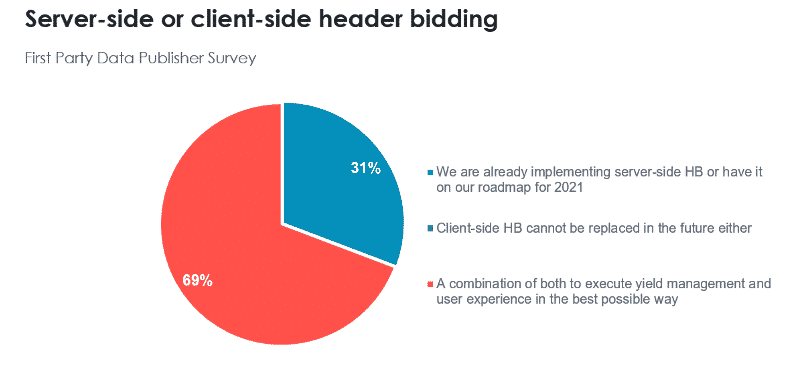
When it comes to the impact on consumers, 7 in 10 of our respondents believe that the user experience will be negatively affected when third-party cookies are gone.
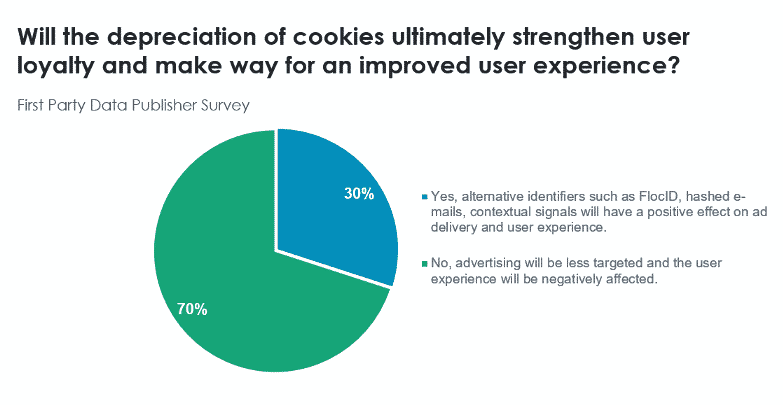
GDPR, CCPA, LGPD, POPI and the regulations coming out of the UAE’s TRA were all formed with the user as the most important stakeholder. At Criteo, our current efforts to support this belief in keeping the user at the center include our investment in developing a single sign-on (SSO) solution called OpenPass, which offers consumers a transparent and non-intrusive entry point to the web.
We’re always thrilled to be able to bring our premium publisher partners together to hear their thoughts on their top issues, and we look forward to forging ahead together as we continue to navigate the developments around identity.
1 Criteo Publisher Survey, Global, May 2021, n=20 (premium publishers across Northern Europe).





